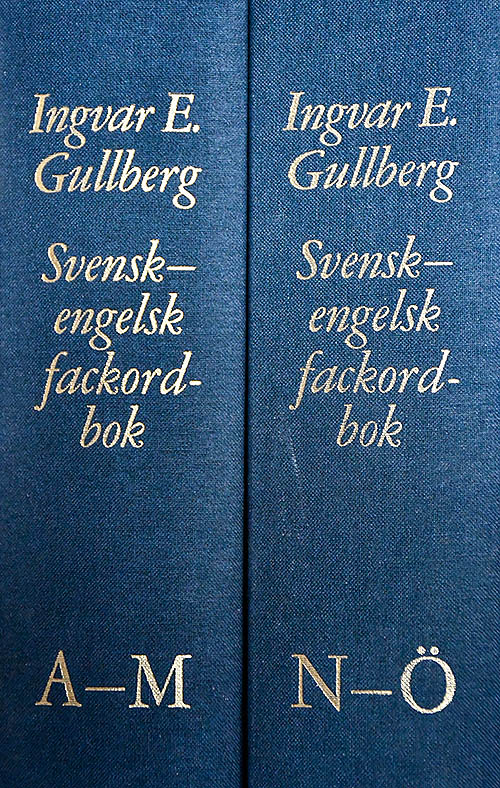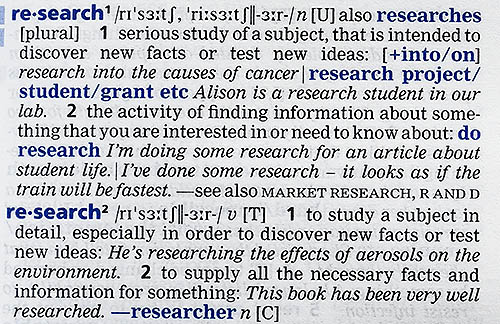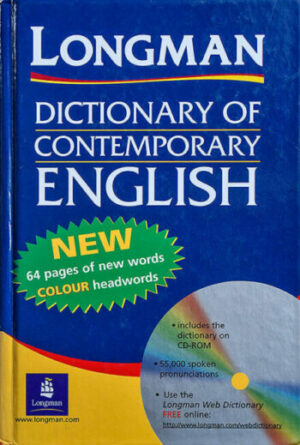You are an expert in your field, but there will be times when you need to look up a word to make sure your English is correct. Dictionaries are a great help.

Bilingual dictionaries
The first resource that comes to mind if you are a non-native English writer is a bilingual dictionary. You use a German–English, an Italian–English, a Swedish–English, etc. dictionary. There are general wordbooks, but you may need a specialised dictionary. For Swedish writers the standard work is Ingvar E. Gullberg: Svensk–engelsk fackordbok för näringsliv, förvaltning, undervisning och forskning [A Swedish–English dictionary of technical terms used in business, industry, administration, education and research] (Norstedts, 2000). With over 200 000 headwords it is the largest specialised dictionary in Sweden. It is also available as internet subscription from ne.ord.se at SEK 29/month.
There are, of course, also dictionaries dealing with vocabulary in specific fields of interest such as architecture, economics, medicine, slang, technology, etc.
Monolingual dictionaries
Monolingual dictionaries, in our case completely in English, give you helpful explanations of words. They are usually intended for non-native users of English and therefore the explanations are simple and easy to understand. Use them to check that a word you have chosen really has the meaning you intended. Here is an example from Longman Dictionary of Contemporary English:

Examples of such dictionaries are:
Cambridge International Dictionary of English
Collins English Dictionary
Longman Dictionary of Contemporary English
Oxford Dictionary of English
You can get printed dictionaries in your bookstore or at, e.g., Amazon, Bokus or Adlibris.
Online dictionaries
Printed dictionaries are expensive and are not regularly updated. You can find many useful resources on the internet. The dictionaries mentioned above are also available online. The following are some other internet sites for your word search:
wordreference.com
thefreedictionary.com
linguee.com
bab.la
translate.google.com
mymemory.translated.net
ne.ord.se
Ask an expert!
What if you cannot find a translation of the word you want to use? Ask an expert! Once when I had to translate a word that I could not find in any dictionary, I called the Swedish Coast Guard and asked how they said the word in English. Of course they could help me.
Read about different types of dictionaries here.

Leave a Reply